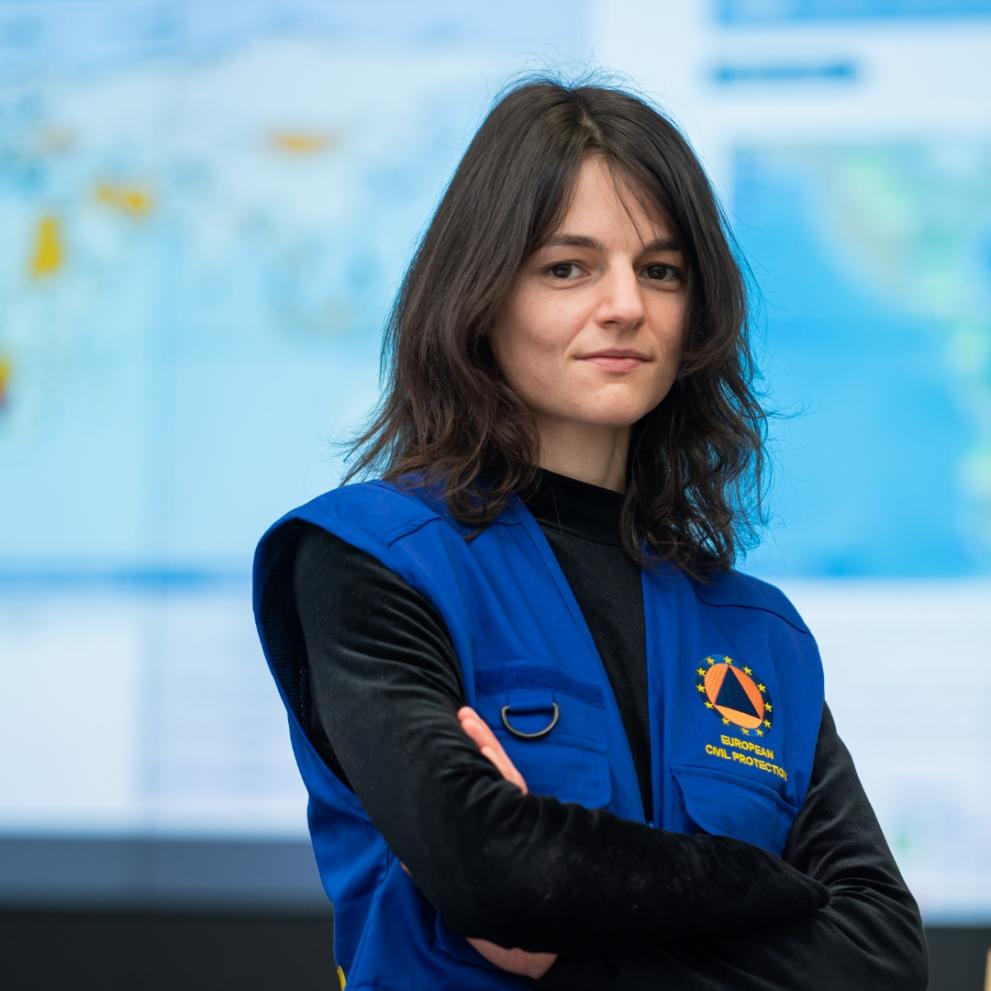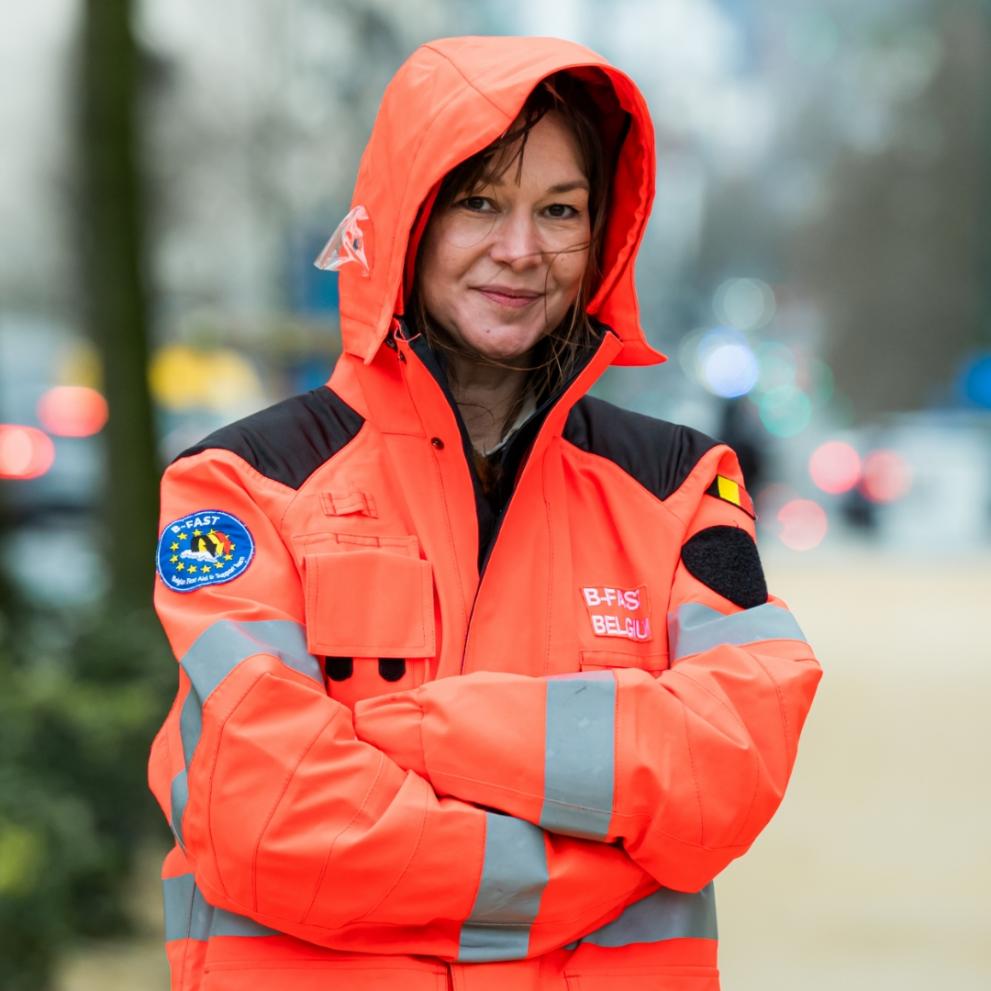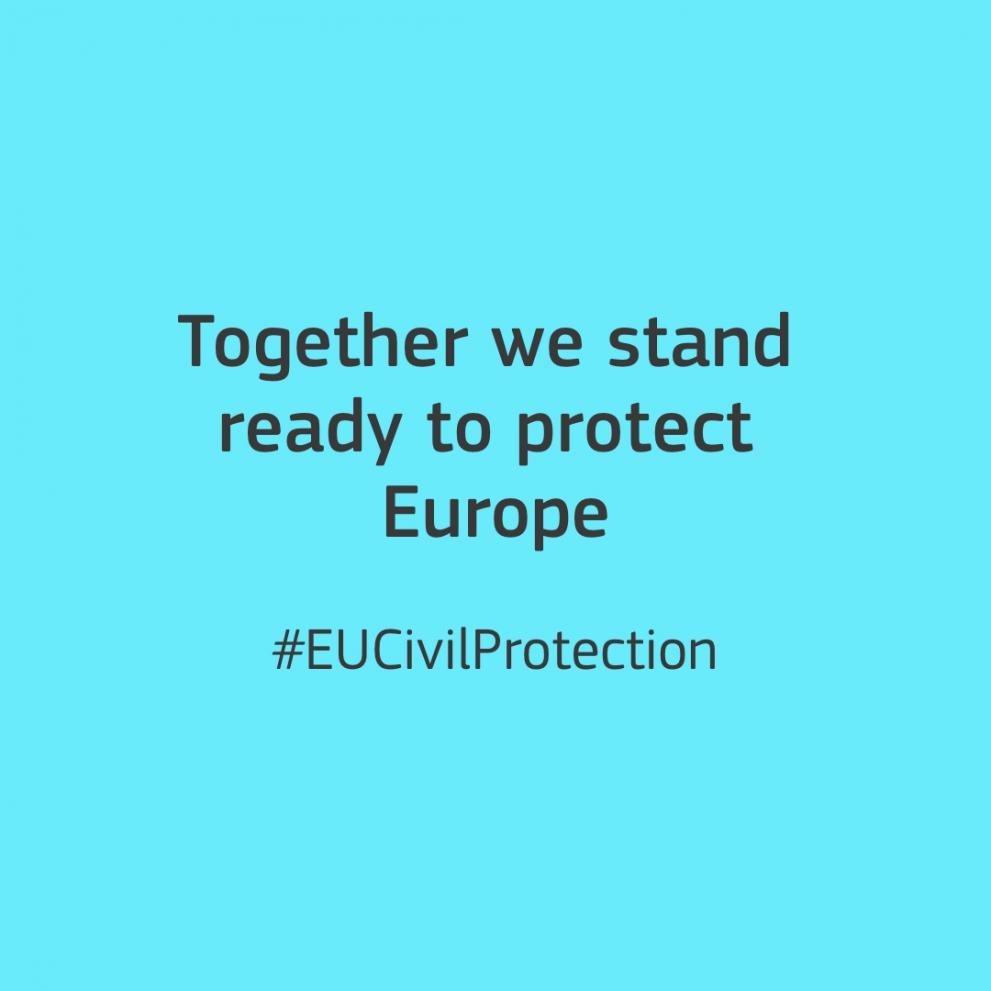When the COVID-19 burden became overwhelming for Slovak doctors and nurses, their Belgian colleagues rushed to their rescue. After Slovakia asked for help to the EU’s Emergency Response Coordination Centre, Belgium responded by sending 2 medical teams to the country.

Sien Vanlommel had just started working at the Emergency Response Coordination Centre (ERCC) when her team received a request for support from Slovakia.
Overwhelmed by the surge in COVID-19 cases, medical staff in Slovak hospitals were struggling to deal with the emergency.
This is why the country filed a request for support to the ERCC which coordinates the delivery of assistance from the 27 EU countries and 6 participating states within the EU Civil Protection Mechanism.
The ERCC sources and coordinates help vis-à-vis countries hit by medical emergencies, natural hazards and other crises. Belgium plays an important role in this Mechanism.
Along with her colleagues, Vanlommel supported the work of Belgian doctors and nurses who were sent to help at the F.D. Roosevelt University Hospital in the Slovak city of Banská Bystrica from 12 - 31 March 2021.
“Slovakia activated the EU Civil Protection Mechanism to ask for support in its fight against the pandemic because the country was having a sharp increase of serious cases and this was putting hospitals under a huge pressure,” Vanlommel explains.
3 countries responded to Slovakia’s request by offering their medical teams’ service. Among them, Belgium sent 2 teams of 4 people including 1 doctor, 2 nurses and a team leader, who worked together with another medical team provided by Denmark.
The 2 Belgian teams worked in a rotation in Banská Bystrica for 3 weeks.
Showing solidarity

Vanessa Debreyne was the leader of the second Belgian team which left for Slovakia.
“Because of the situation in Belgium at that time, it wasn’t easy to find available medical staff,” she recalls.
“However, we managed to deploy 2 small medical care teams, as Belgian authorities considered it very important to show their solidarity and support to Slovakia.”
Debreyne worked tirelessly, along with her team, to relieve their Slovak counterparts from the burden they had been facing. Back in Brussels, Vanlommel and her colleagues at the ERCC also kept working around the clock.
They would constantly follow up on the Belgian medical team’s work, stepping in to help when needed.
Coordination between medical staff operating in Slovakia and EU Civil Protection officers made it easier for the Belgian team to work smoothly, knowing that their needs and issues would be addressed promptly when flagged.
“I believe that this mission was a success,” Debreyne says. “This was a personal accomplishment for me as a team leader.”
Ready for future emergencies

Back at the ERCC, Vanlommel is also proud of the work her team has done.
As a Belgian citizen, she was particularly impressed by the support her country received under the EU Civil Protection Mechanism when heavy floods ravaged it in 2021.
Following this disaster, France, Italy and Austria supported Belgium by providing 2 helicopters, 7 divers, 10 rescue boats and other emergency equipment.
Vanlommel is now happy to be able to help coordinate the delivery of similar support to other countries.
"We have a lot of expertise, knowledge, material that we can share, and the EU enables this sharing, this solidarity,” she says.
The lessons learnt while working in the context of a global crisis, Vanlommel says, will be of great help to her and her colleagues at the ERCC when addressing future emergencies.
